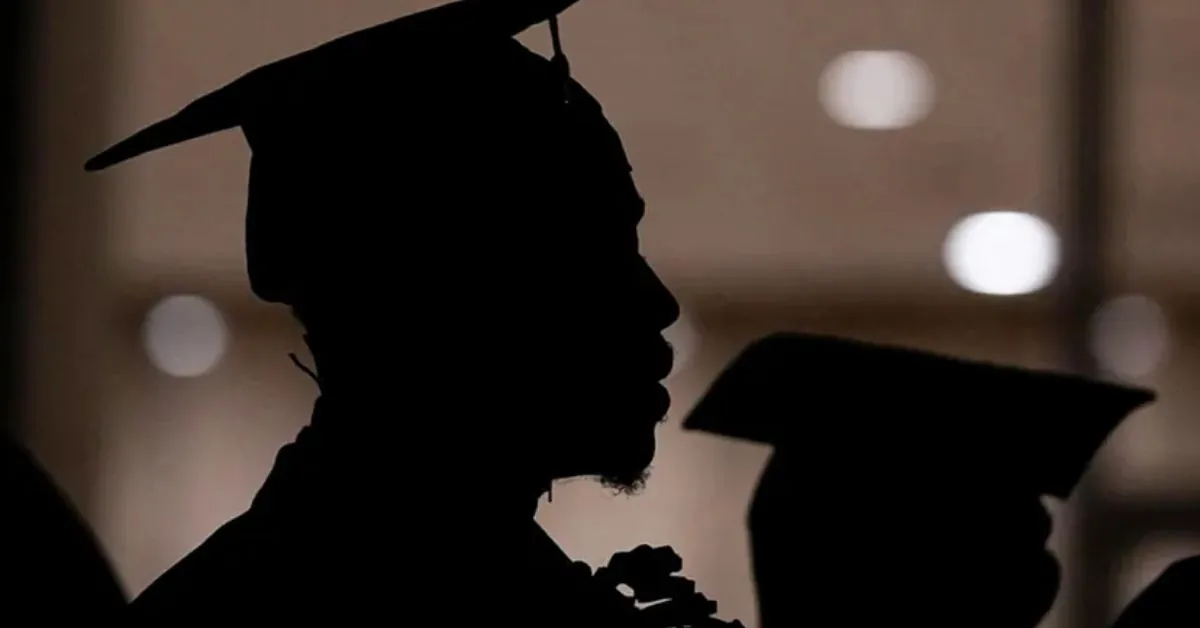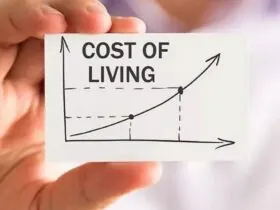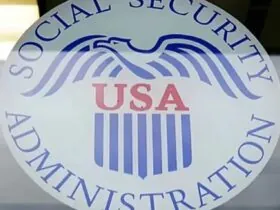The future of federal student loans could face significant changes if the Department of Education were dismantled under a potential Donald Trump administration. Currently, the department oversees over $1.5 trillion in student loan debt, affecting more than 40 million borrowers across the United States. If this department were to be eliminated, the management of student loans and related programs could be fundamentally reshaped. The following explores the potential consequences for borrowers, including changes to repayment plans, the end of federal loan programs, and a possible reduction in loan forgiveness opportunities.
Project 2025: A Shift in Oversight
This Article Includes [hide]
Project 2025 is a proposed conservative agenda that aims to overhaul several government functions, including the management of federal student loans. The plan, supported by allies of Donald Trump, suggests a significant shift in how student loans are managed. Under this proposal, responsibility for student loan management would move from the Department of Education to the Treasury Department.
The Treasury would take over functions such as payment collections, defaults, and borrower interactions, similar to how the IRS handles tax collections. This shift in oversight raises concerns about the potential for stricter repayment terms and the loss of borrower protections that have been in place for decades.
What a Trump presidency might mean for student loan forgiveness https://t.co/h2zrnc7oEJ
— NH Public Radio (@nhpr) November 14, 2024
Changes to Repayment Plans: Higher Payments for Borrowers
One of the central components of Project 2025 is the proposed rollback of income-driven repayment (IDR) plans. These plans, which allow borrowers to pay based on their income, have been a lifeline for many, especially those struggling to make fixed monthly payments. However, Project 2025 criticizes IDR plans, describing them as “proliferated beyond reason” and suggesting that only one IDR plan should remain.
Under this new plan, borrowers would be required to pay at least 10% of their income above the poverty line, potentially increasing monthly payments for many individuals. This change could make repaying student loans even more challenging for borrowers who already face financial difficulties.
"I love loans. I love other peoples' money." Trump promises to help with student loan debt pic.twitter.com/yCtfnE6w3Z
— TIME (@TIME) March 21, 2019
The End of Parent PLUS and Graduate PLUS Loans
Parent PLUS loans, which help families finance undergraduate education, and Graduate PLUS loans, which assist with postgraduate studies, are integral to many low- and middle-income families. Under Project 2025, these programs would likely be eliminated, further limiting access to higher education for families who rely on federal loans to cover tuition costs.
The removal of these loan programs could disproportionately impact those who are already vulnerable to the rising costs of education, further entrenching the financial divide between wealthier and lower-income students and families.
Cuts to Loan Forgiveness Programs: A Dream Deferred?
Project 2025 also raises the possibility of scaling back or completely ending several key loan forgiveness programs, including Public Service Loan Forgiveness (PSLF) and the Biden administration’s SAVE plan. Both programs have been crucial in helping certain borrowers, especially those working in public service sectors or low-income professions, manage their student debt.
Former President Trump has previously criticized student debt forgiveness, and Project 2025 may lead to these programs being quietly “starved” of resources, effectively ending them for new applicants. Without action from Congress, borrowers who were hoping for loan forgiveness under these programs could find themselves with few options for relief.
6 Student Loan Forgiveness Updates As Trump Returns To White House https://t.co/Po7ggcKts0 pic.twitter.com/YPecoK29NB
— Forbes (@Forbes) November 14, 2024
A Tougher Landscape for Borrowers
If Project 2025 were implemented, the landscape of federal student loans would change dramatically. With stricter repayment terms, the elimination of critical loan programs, and the potential end of forgiveness opportunities, borrowers could face significant financial challenges. These changes could create chaos, particularly for working-class families who rely on income-driven repayment plans and loan forgiveness to manage their debt.
As education policy expert Kelly Rosinger notes, these reforms would disproportionately harm low-income borrowers, leaving them with fewer opportunities for relief and support.
Conclusion: A Future of Uncertainty for Student Loan Borrowers
The dismantling of the Department of Education under a Trump administration would have far-reaching consequences for federal student loan borrowers. The shift to Treasury Department management, the elimination of key loan programs, and the rollback of income-driven repayment plans could create an uncertain future for millions of Americans struggling with student debt. As Project 2025’s proposed changes begin to take shape, it is clear that borrowers may need to prepare for a much stricter and less supportive loan environment.











Leave a Reply